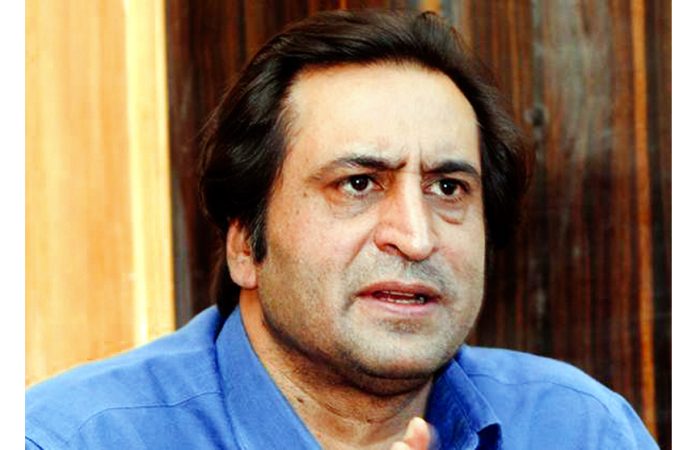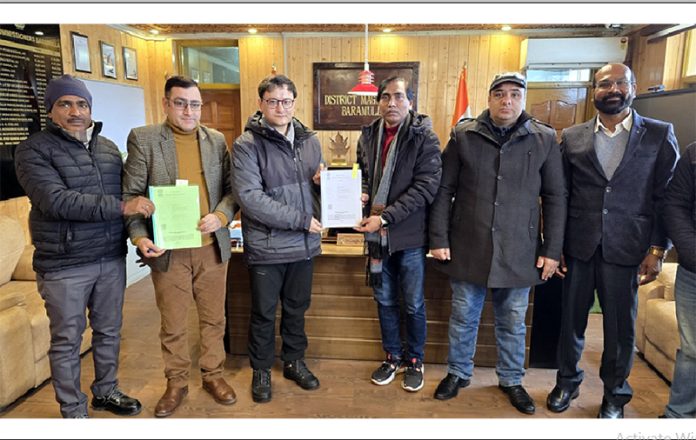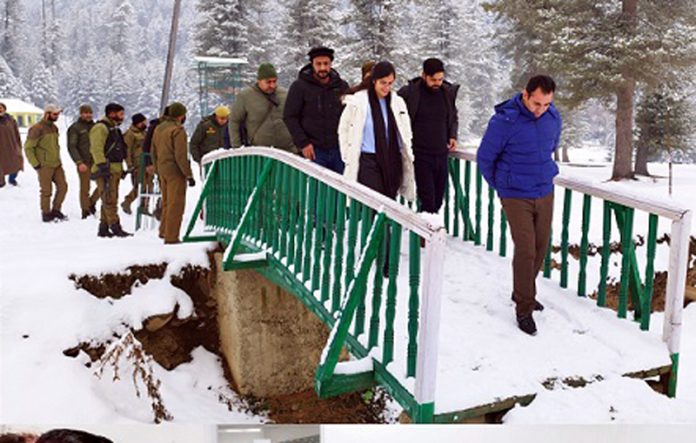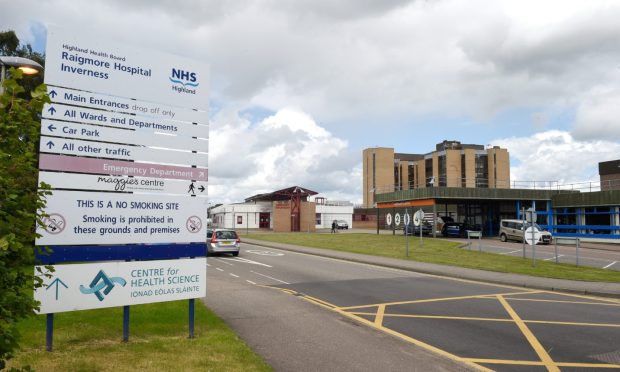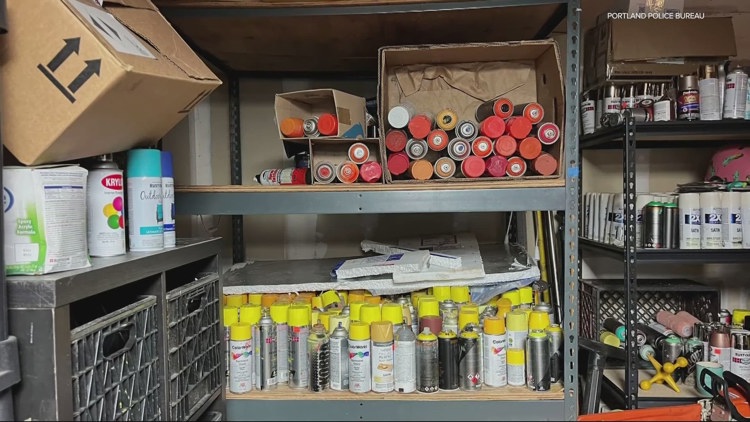
Starting January 1, all men and women between the ages of 20 and 49 will be eligible for government-subsidized fertility testing up to three times, regardless of their marital status. (Image courtesy of the Ministry of Health and Welfare) SEOUL, Dec. 31 (Korea Bizwire) — South Korea’s Ministry of Health and Welfare announced on December 30 that starting January 1, all men and women between the ages of 20 and 49 will be eligible for government-subsidized fertility testing up to three times, regardless of their marital status.
The initiative marks a significant change from the current program, which limited coverage to married couples, including those in common-law marriages and engaged couples, and provided support for only one test per lifetime. Under the new policy, eligible individuals can receive testing once during each of three age brackets: under 29, 30-34, and 35-49. The program covers anti-Müllerian hormone (AMH) tests and gynecological ultrasounds for women, with subsidies up to 130,000 won, and detailed sperm morphology tests for men, with subsidies up to 50,000 won.

The development is part of the government’s comprehensive measures announced in June to address the country’s declining birth rates. Seoul, which previously operated its own program, will join the national initiative, making the program available across all 17 metropolitan and provincial regions. To improve accessibility, the ministry has designated 21 national health screening centers where women can receive fertility tests alongside their regular health examinations.
Subsidies will only apply to tests conducted at participating medical institutions, which can be found through the government’s public health portal (e-health.go.kr).
“Through this initiative, we expect to provide broader benefits to men and women who may wish to conceive in the future or need reproductive health management, regardless of their marital status,” said Kim Sang-hee, director general of Population and Child Policy at the Ministry of Health and Welfare. M. H.
Lee ([email protected]).




